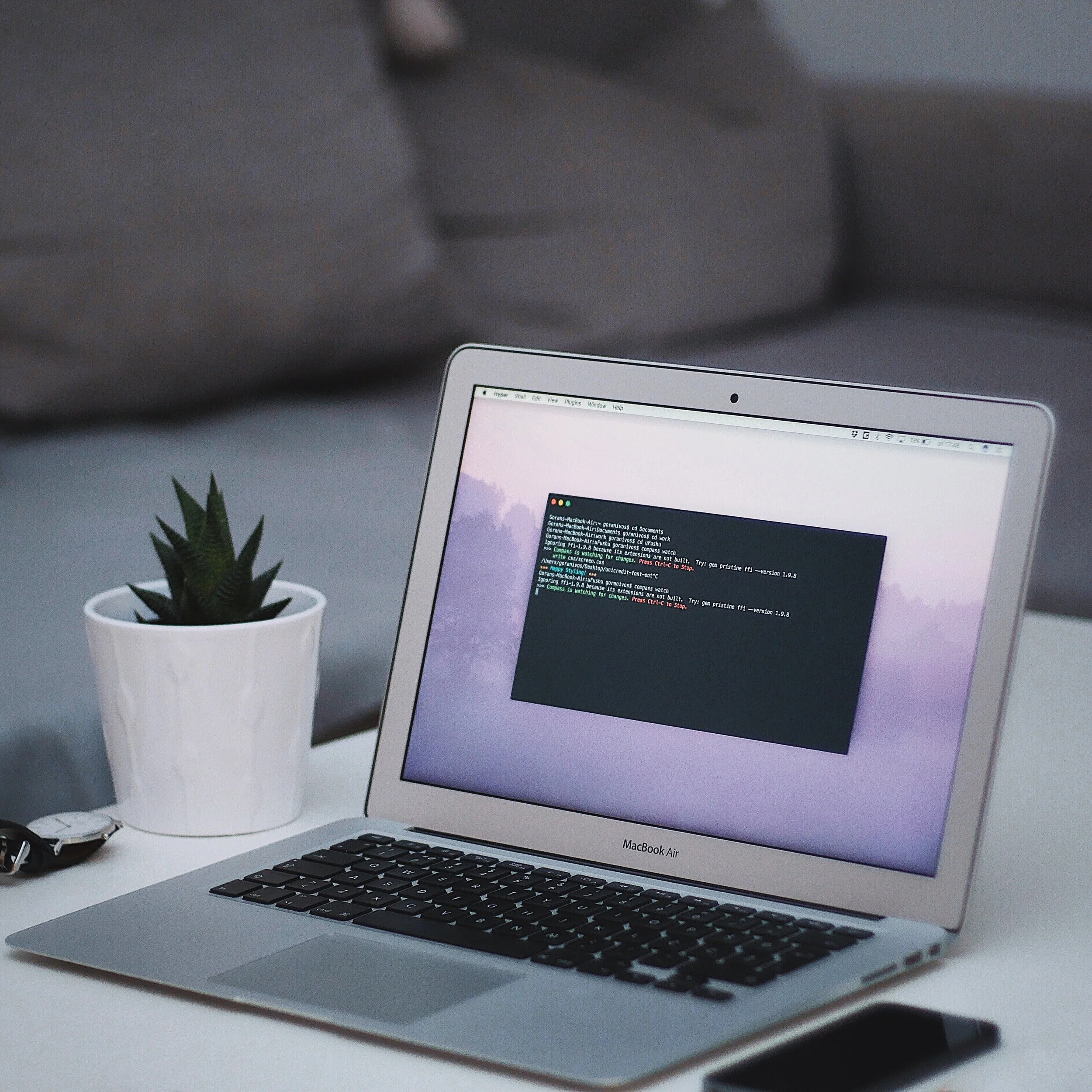What I Wish I Knew About Freelancing
My end goal has always been to be a business owner. Whether that’s a freelancer working within my own rights and remit or the owner of a fully fledged agency. I’ve always liked the idea of working within my own standards and allowing others to learn with me.
So it made sense to work towards building up my freelance portfolio this year. Over lockdown I was pretty vocal about creating multiple side hustles, I dabbled in several while the country was at a halt and I regret none of them. Despite the frivolous nature of each one, I took away a life lesson and a technique that would help me better run a business later down the line. I even invested in literature, reading all I could from Tim Ferris and Ed Catmull.
As I begin to develop my client portfolio, I keep thinking how many people I know who would love to do the same. I have a few old school friends who have succeeded in drop shipping and selling beauty products online, but I don’t know many who have successfully developed a freelance career off the back of University. During my few years experience, I have had the absolute splendour of looking after peoples freelance image in a freelance capacity, whether it’s a brief strategy plan or fully-fledged social media management. There’s a rollercoaster of freelance experience that I think needs to be shared in one way or another.
I feel like this needs to be another rendition of my “What I know now” series. But I like this title too much…
Use Google Drive and Organise it!
Google Drive is your best friend. Over the past few years I’ve used countless systems to store and send documents but Google Drive has been the best for freelancing. Why?
Tracked changes
View viewing history
View edit history
Live edits
Of course, there’s many other systems on the market that offer this. But to my knowledge there is not a single other company that offers this for free. Why pay a premium for something you can get for free?
I really recommend organising your Google Drive as soon as possible, folders and exclusive permissions are an absolute priority if you want you ensure your clients can’t access the wrong info.
Sort your invoices out
Invoices are key. And need to be sent the moment the job is done. It sounds like such a silly thing to pass on as advice but keeping a barrier in-between each job prevents confusion later down the line. It’s an important part of running your business and I’ve personally neglected it way too many times.
Know your way around the law!
Although I’ve never known anyone to fall victim to this. It’s important to make sure you know your way around the law. When do you register for self employed? How do you sort your tax?
These are all important questions you need to answer before fully committing to the freelancing life.
Consistency is key
Whether it’s your client communications or the content you produce. Consistency is absolutely key. Consistency keeps the clients happy and consistent communication works to keep you both happy.
Keep it hush
You’re briefed and you do it. Effectively this is all your client needs to know about your methods and practise of work. Never share your work processes, never share your prices for other clients and never open yourself up to a public viewing of your work practises. I’ve seen cases where this has resulted in stolen work, clients abandoning the freelancer to “save money and do it themselves”. I’ve rarely seen this end well.
Routinely ask for open feedback
Feedback is the key to growth. Whether they want to openly give it to you or not. Your client definitely has some thoughts on how you’re getting on. Regularly check in and see if there’s anything else you can do to help them out. If there’s something wrong you can address it then and there rather than 3-weeks down the line.

